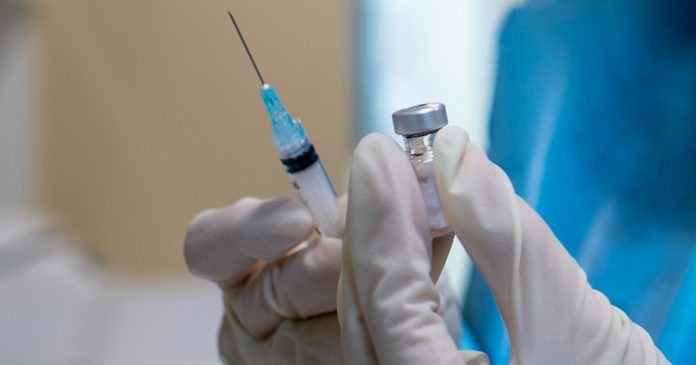The other day, I made my way to a local ice arena, took the elevator to the second-floor lobby, and waited in a set-up area until my number was called to get my Covid-19 booster shot.
I think it was Shot No. 5.
I never got into the Covid-19 hypodermic argument, nor will I. And I never saw the reason for it coming to a head in the form of a Freedom Convoy last February which turned downtown Ottawa into a no-go zone of truck-horn din and shouting activists.
While I give them props, it just wasn’t up my alley. I marched on the U.S. consulate in Toronto many times to protest the Vietnam War and filled my activist boots way back in my college days.
Meeting young women was a fringe benefit. Remember, this was the long-haired late 1960s. It was all about drugs, sex and rock ‘n’ roll.
Now the reason I got a Covid-19 booster shot—the fifth, as I pointed out—was because I have a stack of comorbidities, a word that becomes second nature to anyone with close to my stack of ailments: Heart disease, diabetes, stroke, cancer (prostate), possible lung cancer new), and all the smaller maladies that come with being 73 with a history of too many contact sports and poor(er) medicine.
I am one of the few I know who has never had the disease.
Luck? Smart protection routines? The lockdown? Or the injections? I couldn’t care an iota.
I just know I never became infected.
Now, Ottawa’s pandemic trends are mostly low and stable, said Ottawa public health (OPH). It wasn’t always like this. At the height of the pandemic, the two emergency wards at Ottawa General’s two campuses were chock-a-block with serious COVID-19 issues, and multiple deaths a week were a common statistic.
Those were scary days.
Today, we are apparently in the ebb.
OPH has not indicated any concerning trend since early this year, which is similar to the wider region outside of Ottawa.
Experts still recommend people wear masks indoors, and staying up to date with vaccines can also help protect vulnerable people.
Data from the research team shows, as of the most recent update May 22, the average coronavirus wastewater level in Ottawa has been low and stable for about two weeks.
This average generally stayed within the same range for a year, so this month has broken that trend.
It’s currently at its lowest reading since February 2022.
The number of Ottawa residents in local hospitals for Covid-19 has been slowly dropping. The number was eight in Friday’s update, with no patients in ICU.
The city’s weekly average test positivity rate, which sits around 13%, has been rising for a week based on about 80 tests a day. It’s currently seen by OPH as moderate.
Ottawa has a stable six active Covid outbreaks, which OPH considers low.
The health unit reported 36 more Covid cases since Tuesday and three more Covid deaths, bringing its 2023 total to 76 people.
So, it’s not as if the pandemic has disappeared, or is over.
Still, only a very small percentage of Ottawans wear masks while in indoor retail outlets. In fact, it’s next to none.
As of the most recent weekly update, 85% of Ottawa residents had at least one Covid vaccine dose, 82% had at least two, 56% at least three and 31% at least four.
Five? Maybe just me.





















